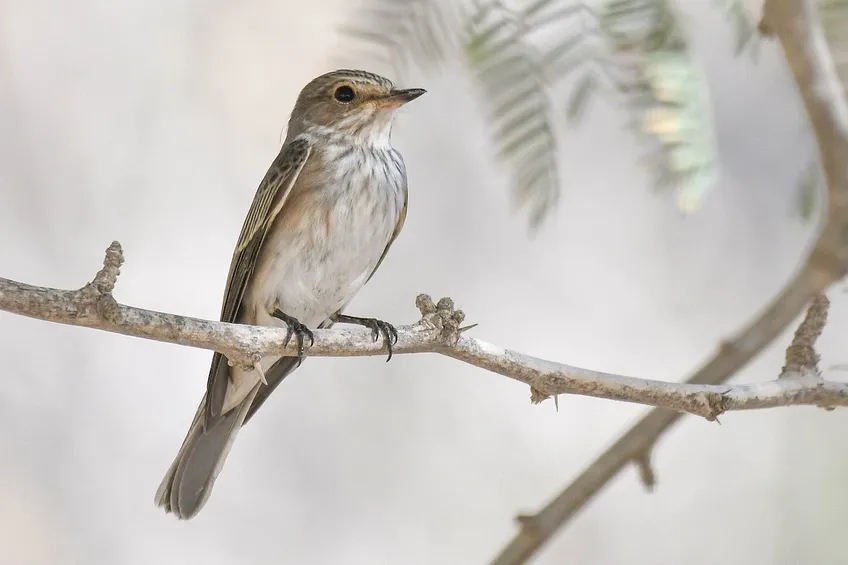
 Mama FM
Mama FM

 Mama FM
Mama FM
13 October 2025, 2:09 pm
By Byamukama Alozious
Uganda, once known for its vibrant skies and the early morning songs of birds, is slowly losing that natural melody. Environmentalists say a combination of climate change, deforestation, pollution, and human greed is driving many bird species away from the country.
From the weekly science newsletter by 54 Science Africa, Musinguzi Blanshe a journalist writes that the birds are instead migrating to Europe linking this to “positive temperature anomalies in Europe between 2014 and 2023.” Simply, Europe’s winters have become warm enough for migratory birds that once flew to Africa for survival. Many, like the spotted flycatcher, no longer find a reason to travel the long journey south to Uganda.

At the Uganda Media Women’s Association (UMWA) offices in Kampala, Doreen Sampa reminisces about a time when birds filled the mornings with music. “If you wake up as early as 5:00 a.m., you should hear birds singing it lifts your spirit,” she said. “But now it’s just the sound of vehicles. Losing birds means losing the peace and balance they bring to our environment.”
Youth environmental advocates also point to human actions as a major cause. Kabali Paul, Executive director of the Betterman Project Initiative, says people have grown careless about nature in their pursuit of quick gains. “We cut down fruit trees that provide food and shelter for birds and replace them with pines and eucalyptus planted only for money,” he observed. “These trees have thin trunks and almost no branches for nests. Fruit trees feed and house birds, but we’re replacing them with species that are useless to wildlife.”
Kabali blames industrial expansion and construction for making matters worse. “Factories and buildings have replaced green spaces. They emit gases and noise that drive birds away,” he explained. “Birds love peace, not chaos that’s why they’re fleeing to quieter areas.”
Musinguzi Blanshe reported that Uganda’s bird migration routes have drastically changed due to the destruction of wetlands and native forests.
Adding to this, Nasanga Regina, Editor at Mama FM, warned that chemical farming is also driving the decline. “Farmers are using strong sprays and pesticides that harm not only pests but also birds and insects,” she said. “When birds feed on contaminated fruits or insects, their reproduction and survival are affected.”

Furthermore, kabali says the problem goes beyond the environment it reflects a deeper moral crisis. “Man has become selfish,” he said with concern. “People are only thinking about themselves. They don’t realise there are other creatures that also want to live harmoniously with us. Everything we do from cutting trees to building industries we don’t think about the impact on other species. And that is dangerous for our future.”